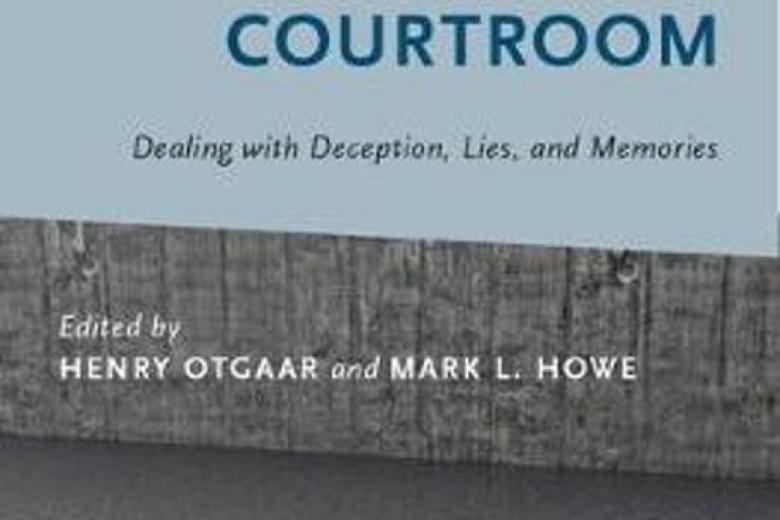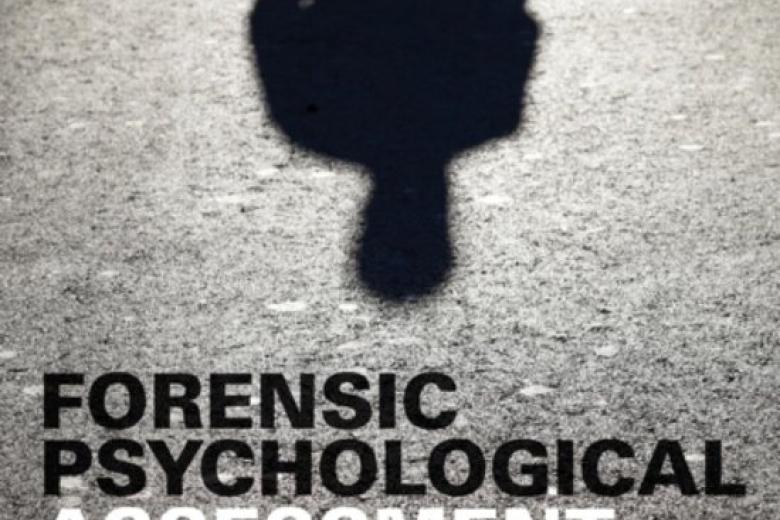3. Contract PhD candidate
A PhD candidate falling under the category ‘Contract PhD candidate’ has no employment contract at Maastricht University or the Academic hospital (MUMC+) and receives no salary. The main goal is to obtain a PhD degree at FHML and agreements have been made about this with a supervision team (promoter and at least one co-promoter). The PhD candidate should be able to devote time to and disposes of financial resources for the PhD research, made available by a Scholarship or employer. The latter is the main difference compared to an External PhD candidate. A contract PhD candidate with sufficient financial means can be based at one of the Departments of FHML or MUMC+ during the PhD trajectory or receive distant supervision (by email, telephone, skype) and perform the research elsewhere in the Netherlands or abroad. In most cases, a local supervisor is added to the supervision team.
This person should have access to the School or Institute’s (research) facilities and courses. The PhD candidate and supervision team make tailor-made agreements in the Personal Research Plan and Training & Supervision Plan about the planning of the PhD trajectory, according to the available time and resources for the PhD trajectory. In order to become a contract PhD candidate, one should first make sure that one disposes of sufficient time and funds (e.g. consult https://grantfinder.com/) and then be accepted by a promoter of one of the Schools or Institutes of FHML with expertise on the topic of the proposed PhD research, who is confident that the candidate has the abilities, diplomas and dedication to complete the PhD trajectory successfully. Please approach the PhD coordinator of the appropriate School/Institute first for the exact procedure.
Three subcategories of Contract PhD candidates are discerned, according to type of financing:
3a. The contract PhD candidate obtained a Scholarship granted by the University or MUMC+
3b. The contract PhD candidate obtained a Scholarship granted by a different organisation from those under a; such as the European Union, a foreign University, or an organisation or foundation granting Scholarships (e.g. Fullbright, etc.)
3c. Other contract PhD candidates: a person without a Scholarship, but who is granted financial resources and/or time provided by the employer; such as employees of a company that are allowed by their employer to devote a certain number of working hours on the PhD research.









